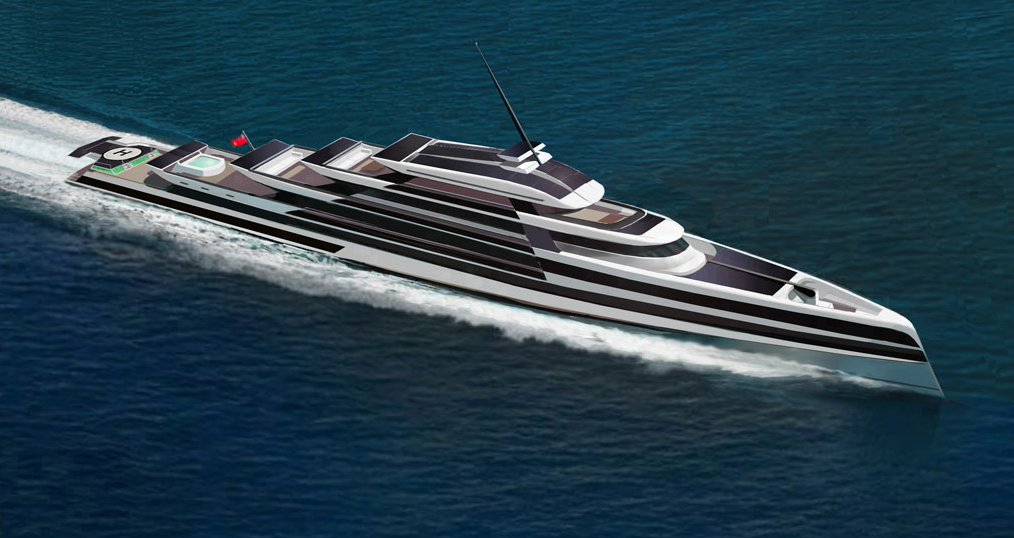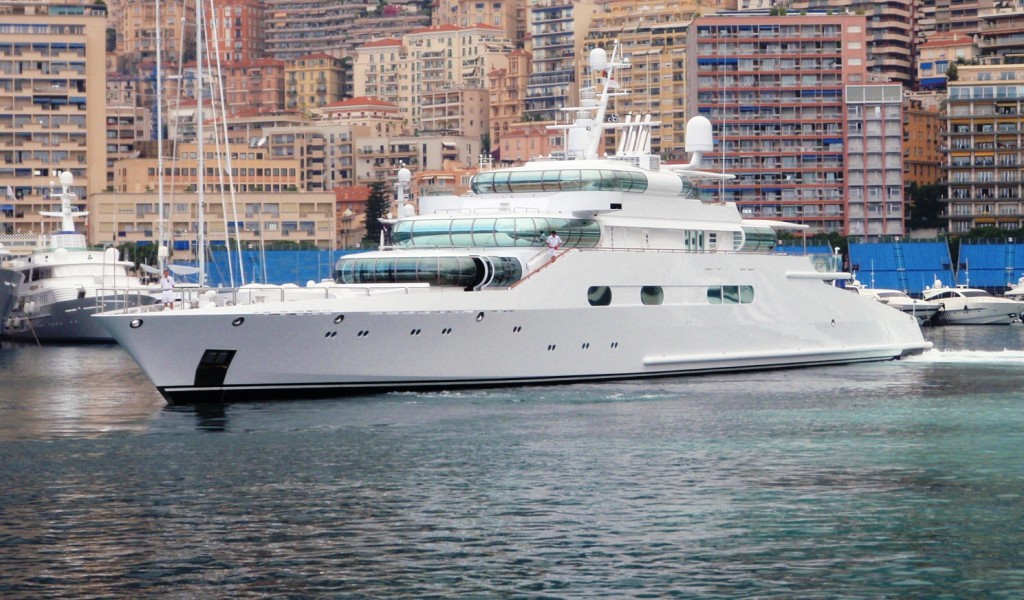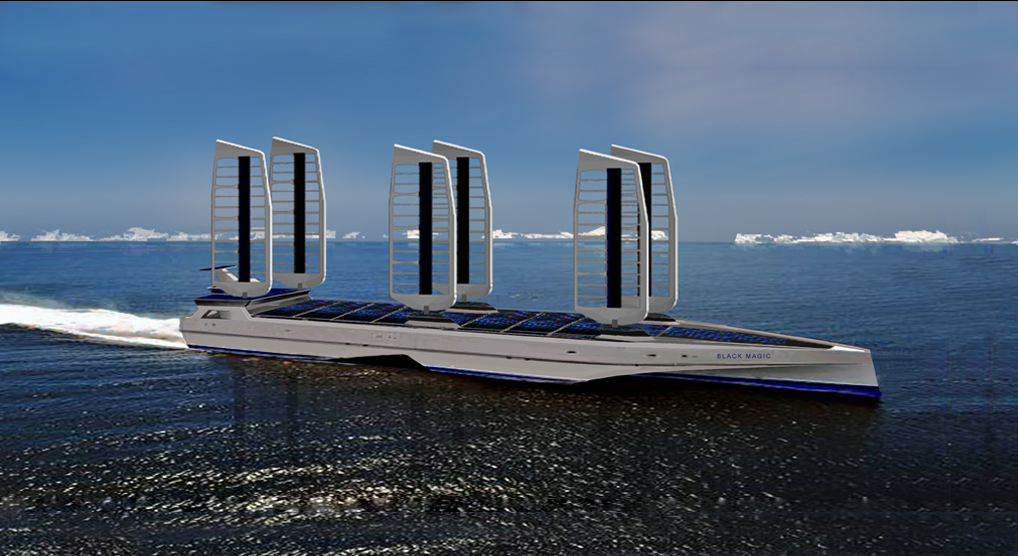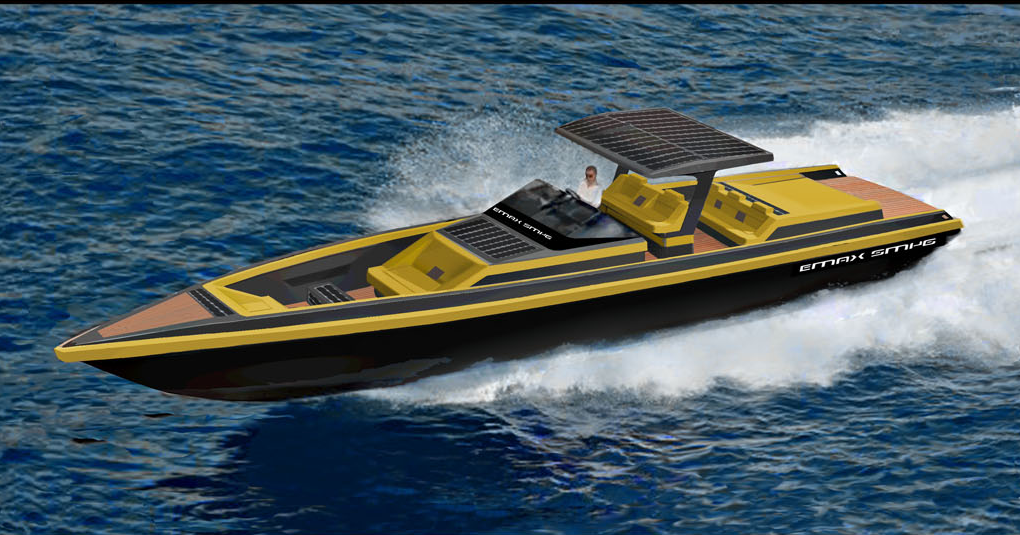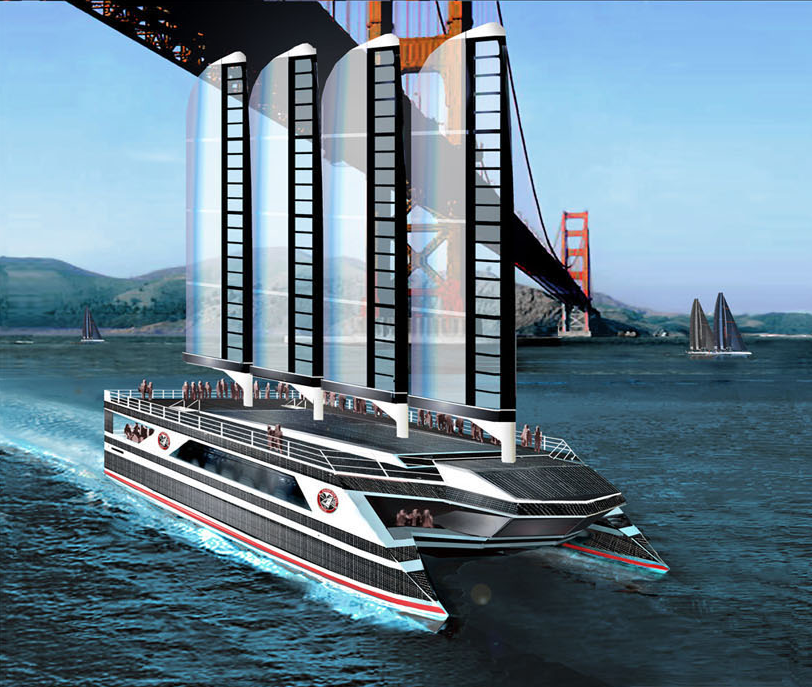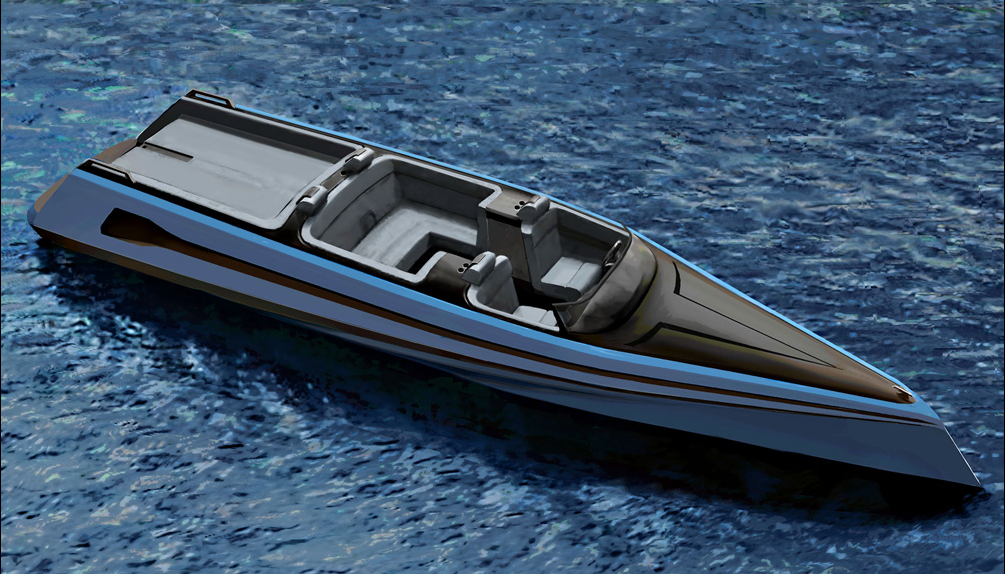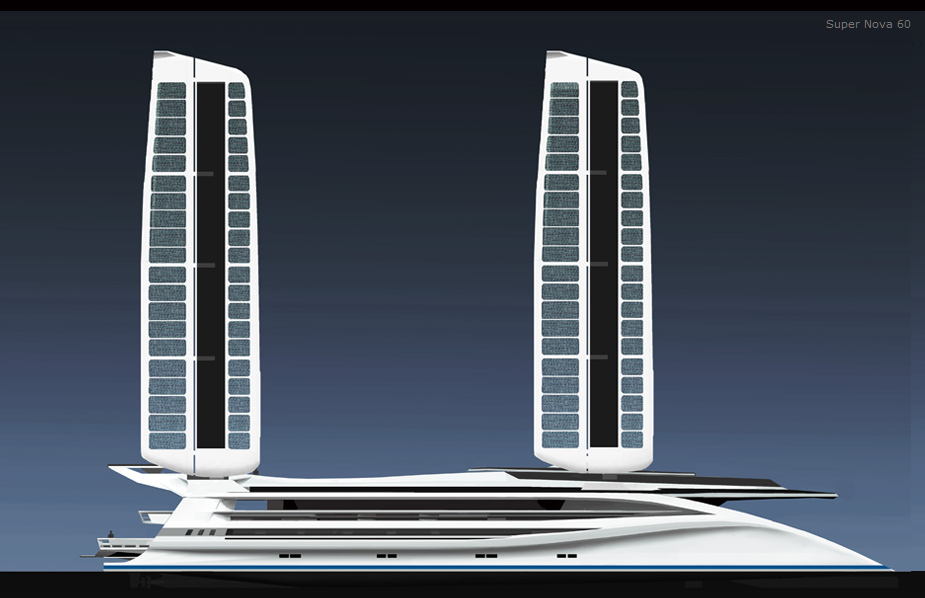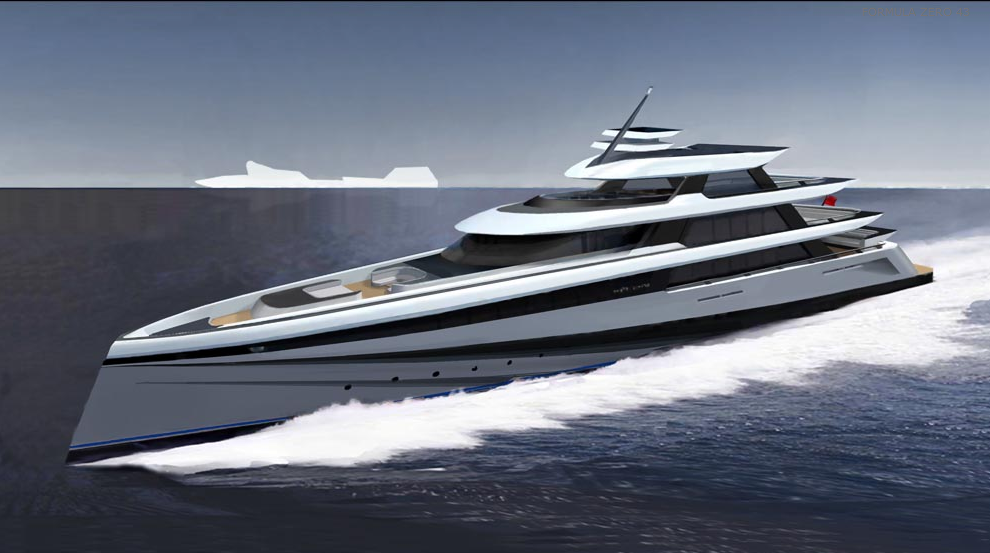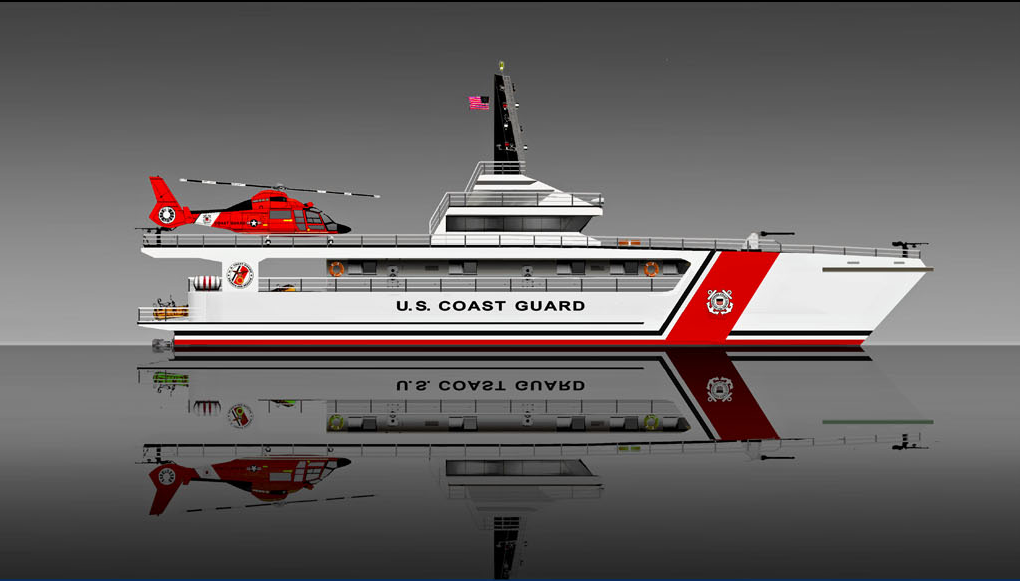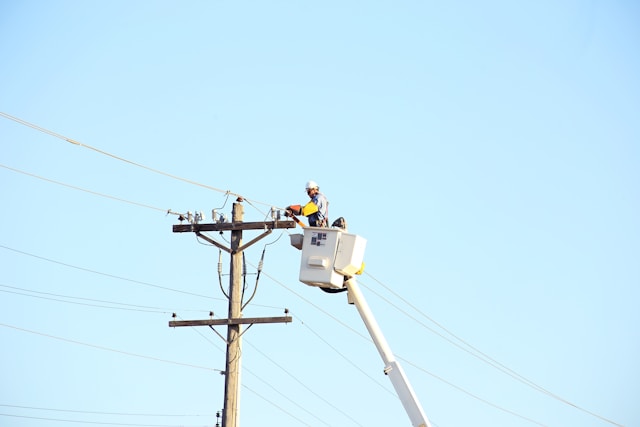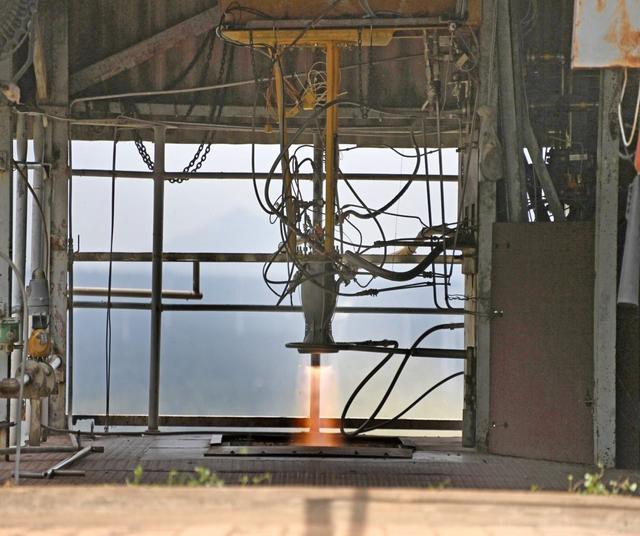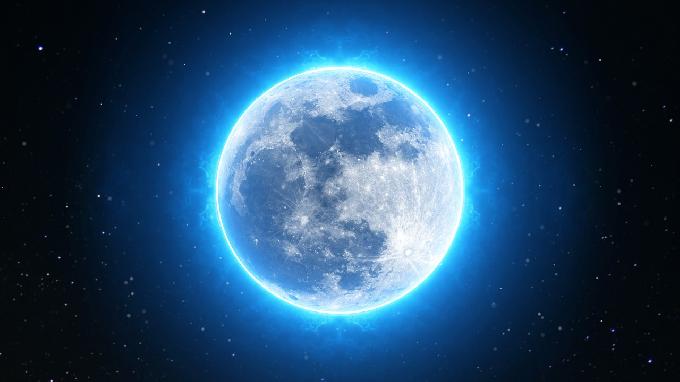IndustryTap recently covered one of the world’s largest solar powered boats: “Planet Solar” visiting Boston on its around the world tour and we are curious about how sustainability issues are being handled by the luxury end of the yacht market. Economic reports seem to suggest that the recent polarization of income levels would leave plenty of cash sloshing around to support the luxury yacht industry.
In fact, according to industry sources, in 2012, orders for yachts larger than 80 feet were down 5.2% with 692 purchased. But yachts larger than 150 feet were up 3.9% and super yachts, those over 250 feet, were up 44% with a total of 39 orders for the year. The average price of a 250-300 foot yacht is from $50-$70 million. Mega Yachts of 400 feet or longer are triple the price and run from $200 million and up.
Despite the common stereotype that those able to afford huge yachts might be”out of touch” with reality, some do in fact have concerns about the environment and the damage their yachts could be doing. Shipbuilders, on the other hand, have an interest in seeing sales don’t fall victim to to environmental exigencies. As a result, the industry is moving quickly to provide “zero carbon” sustainable yachts for customers so sales continue to grow and environmental concerns can be put to rest.
Carbon Offset Credits & Sustainable Tourism
The following images are from Sauter Carbon Offset Design (SCOD) a luxury yacht design company that develops solar hybrid vessels, runs major carbon offset projects, and designs green technology yachts for its well-heeled customers. The company provides custom designs and works closely with naval architects and shipyards to build the ultimate hybrid superyachts.
The company incorporates the following into the design process:
- aerodynamic exterior styling
- interior styling
- deck layouts
- space planning
- custom furnishing
- 3-D computer walk-through and animation
- high-speed hole forms
- wing sail designs
- power and speed predictions
- zero carbon performance criteria
- solar hybrid propulsion systems
- renewable energy generation systems
- energy efficient equipment
- computerized systems management
- carbon offset certification status
- physical scale models
- on-site supervision
- aerodynamic optimization
Not only that, but SCOD is involved in helping superyacht owners purchase “Carbon Offset Credits” and “Sustainable Tourism Eco-Certificates” to reduce the cost of ownership.
The following images are a range of designs by SCOD and the ships range in size from 80 ft on up. For full design specifications please visting SCOD’s website: http://www.sautercarbonoffsetdesign.com
- Black Magic Tanker
- Emax Super Marine 45
- Greenline Leap to Zero Ferry 25m DynaWing
- Guardian S Class Tender
- Supernova
- TRANSCENDENCE
- USCG E Class Sea Eagle FRC

